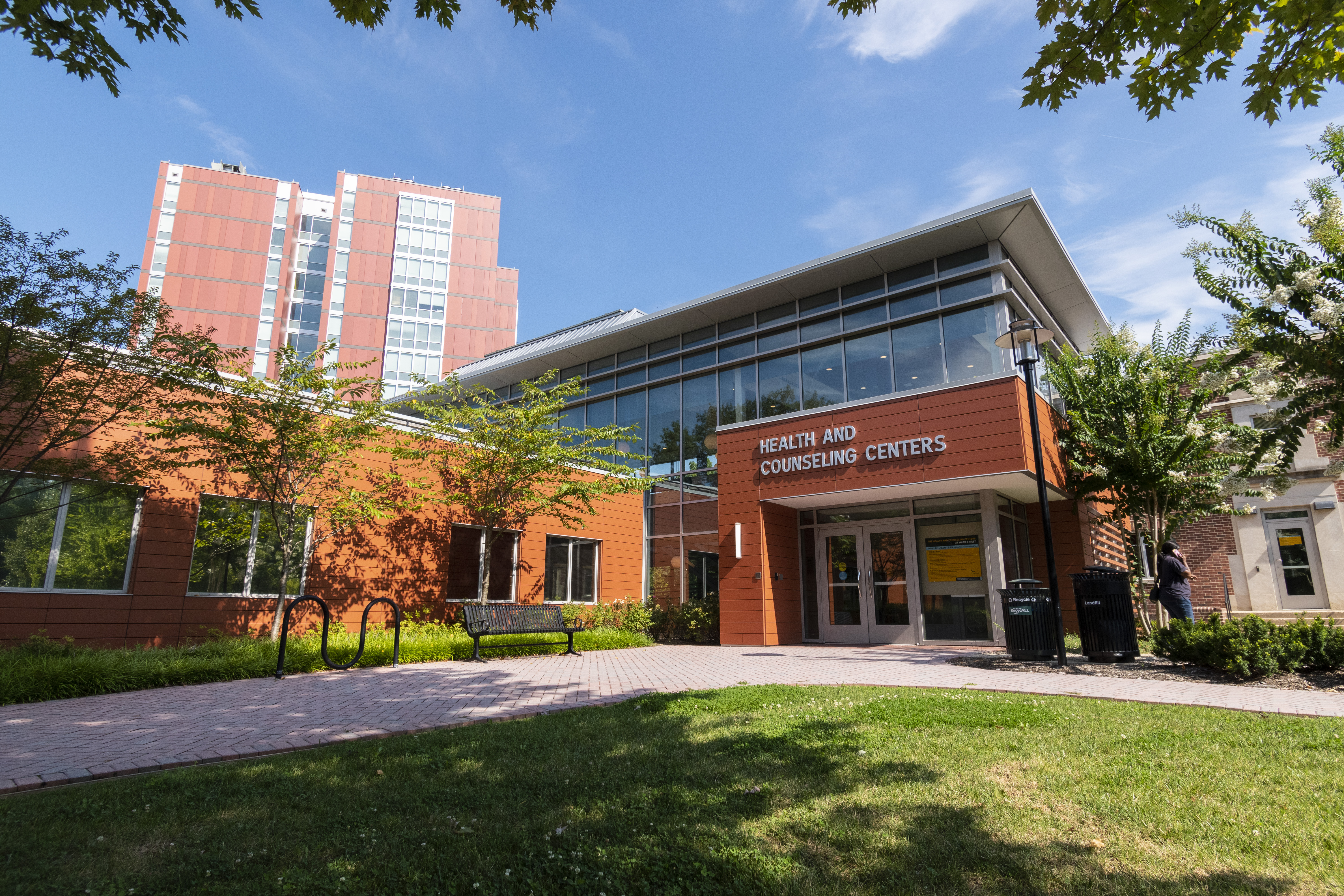
TU’s Counseling Center restructures and diversifies
Photo by Brendan Felch/The Towerlight
By: Meghan Hudson, Editor-in-Chief
Increased funding for TU’s Counseling Center has allowed for the center to hire four new Staff Psychologists, three being psychologists of color, as well as allow for same-day solution based appointments to students.
According to Dr. Maria Wydra, Clinical Director of the Counseling Center, hiring more Staff Psychologists, particularly psychologists of color, was a longstanding goal of the Counseling Center in which they are excited to have been able to accomplish.
“I think that it’s really important for students to be able to kind of look at a staff composition and see themselves in some ways being reflected in that staff composition,” said Wydra. “I think it helps students feel like someone might understand their perspectives and experiences in a way that they might not have to explain or educate someone about what their experiences have been and how they shaped them. Especially when we’re thinking about being Black in America, and the experiences of racism, oppression and discrimination that people of color, especially Black Americans face that white people may not always be able to understand.”
In response to the Black Lives Matter movement, students have called upon the University to make changes that reflect dedication to fostering an inclusive campus atmosphere.
“Sounds like Towson is listening and moving in the right direction!” said TU student Eric Hof.
Towson University student Avéon Liane shared the same sentiment.
“This is amazing,” said Liane. “This definitely offers comfortability to many students.”
While many students may find comfort seeking care with their new hires, Wydra is confident that all of the center’s Staff Psychologists, regardless of racial or ethnic background, can still provide quality counseling to every student.
“With all the training that we’ve done and the work that we’ve done as psychologists and mental health professionals at the Counseling Center, I believe we’re all very highly culturally competent and culturally responsive therapists,” said Wydra.
On top of increasing their staff, Wydra has also worked to restructure the Counseling Center’s model of care, introducing a new model called the flex care model.
“What we’ve done is put a huge emphasis on same day services, so when a student wants to meet with a counselor or therapist individually, we’re going to have up to 100 appointments available in a given day for a 30-minute solution-focused appointment with a counselor,” said Wydra.
According to Dr. Alessandra Pieraccini, a Staff Psychologist at the Counseling Center, this is a drastic change from previous semesters.
“Historically, students have had to sometimes wait 1-2 weeks, or longer, to see a counselor,” said Pieraccini. “With how fast paced things are in college, some students would come to that meeting with their problem either having gone away or worsened during the wait-time. We obviously don’t want that to happen. We want to be there for students when they need us. So I think with this change students will find us more flexible and easier to access than ever before.”
For the first three weeks of the semester, up to 100 appointment slots a day will be open for students seeking same-day counseling. After three weeks through the middle of the semester, the amount of available time slots per day will reduce, as demand will lower.
“Then at the end of the semester we’re going to return to the same day kind of system where we’re going to have tons of same day appointments available when students are in the highest need again,” said Wydra.
Under the flex care model the Counseling Center is now able to offer a wider variety of services additional to one-on-one counseling, which also offer more immediate help.
According to Wydra, traditional models of mental health help don’t necessarily meet the time crunch students tend to require. Historically, sessions tended to look more like 60-minute sessions in which a therapist would gather information on the patient and provide a proclamation of how the patient is supposed to achieve wellness.
“What we’re trying to do is turn that around a little bit and allow students to really access us as needed,” said Wydra. “Yes we are experts in mental health treatment, recommendations and interventions and we want to use that expertise to make really good recommendations, but we want to empower students to kind of take charge of their own mental health plan and return to us when they need it. That, and then also give them the autonomy to access other types of care rather than the sort of traditional one-on-one kind of western-centric way of helping people with their wellness.”
Wydra says shorter, solution-focused appointments, workshops and group sessions are commonly more effective methods in addressing immediate wellness needs. This fall students will have access to various workshops, various group help opportunities including group counseling, online resources and more.
For a full list of services offered within the new flex care model, visit the Counseling Center’s webpage.

